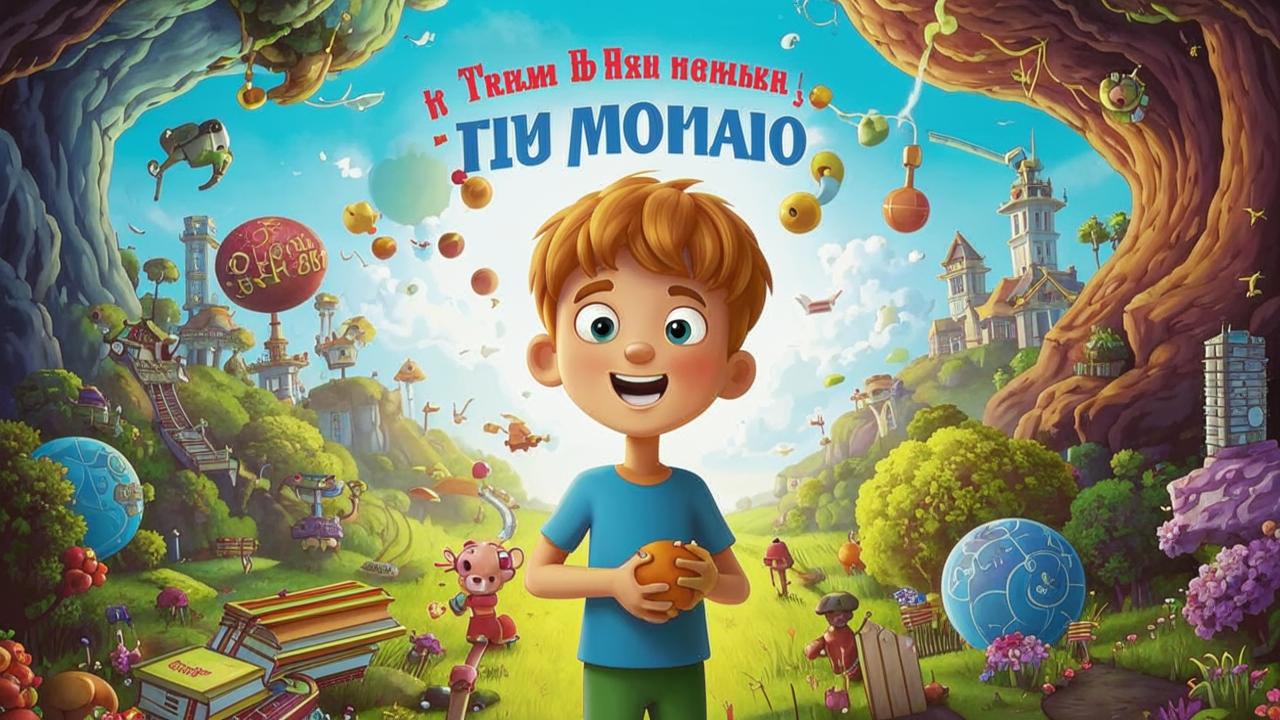Sciencepop and neurobiology: 6 books about the brain for those who want to know everything about it
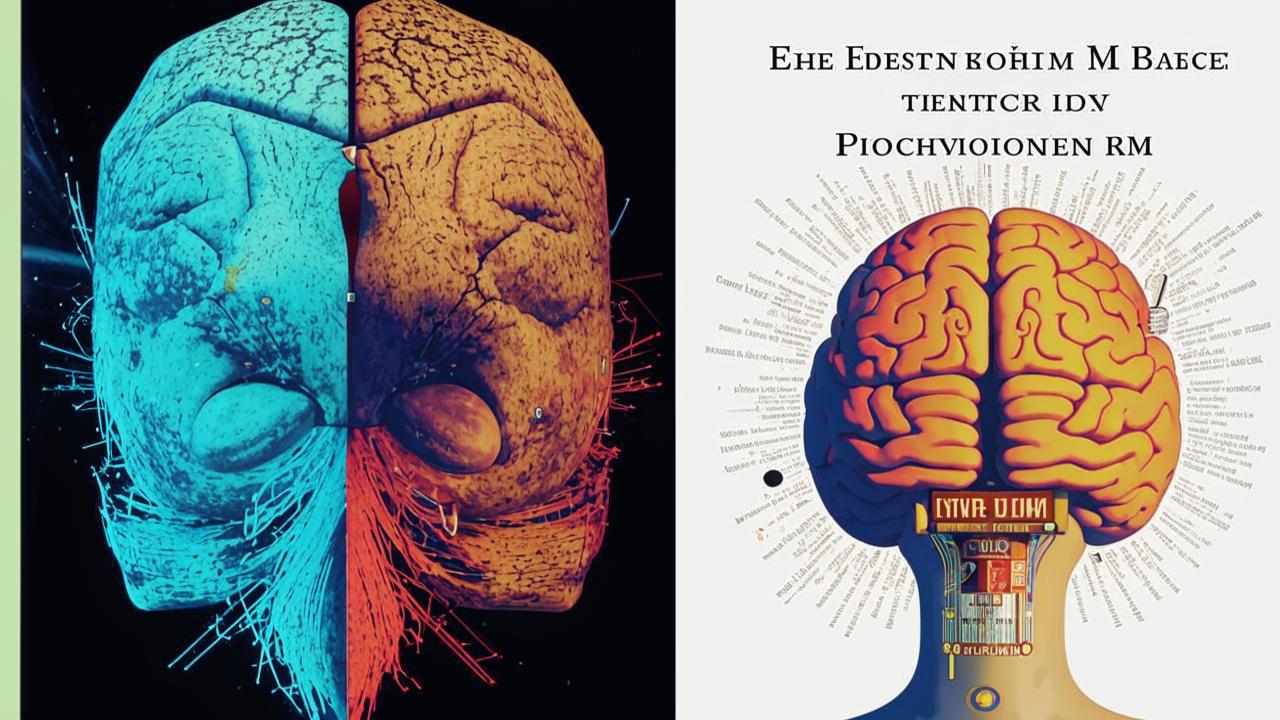
Amazing facts and tips from scientists on how to make the most of our mysterious and perfect organ.
For many years, the best scientists in the world have been working on the study of the human brain. Let the end to learn all its features did not get, researchers are ready to share the facts and advice known to them in the latest sci-fi. Reading this literature will help you optimize brain function and get to know yourself better.
“The brain and its needs. From nutrition to recognition. 2.0”
How can falling in love make a person inadequate? Why young moms often need a therapist? How our brains “help” marketers and politicians win our loyalty. Does jogging really save from depression. What explains the popularity of horror movies and capybaras? Amazing facts about the brain and flyhacks, how to use its work to improve all areas of life – in the book by Professor Vyacheslav Dubynin, neurophysiologist, candidate of biological sciences and science-pop blogger with 50 million views on YouTube.
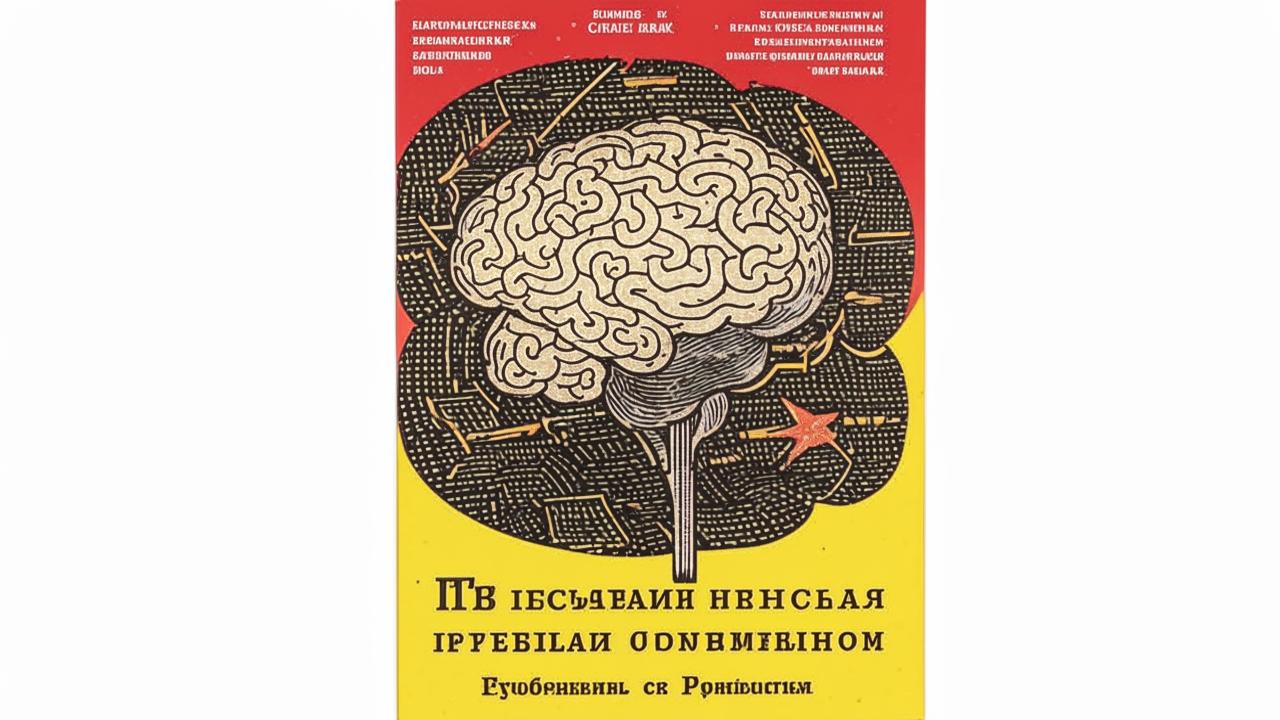
“The Brain and Pain. How consciousness affects how we feel.”
Suffering from pain but doctors can’t pinpoint the cause? This book may be the quick fix. Its author, scientist Paul Bigler, has long been a victim of constant ailments of unclear origin, but found the root of the problem. In this book, he has compiled the latest research in physiotherapy, psychology and neurobiology on pain, its relationship to brain function and how to get back to life without discomfort. And he also told the stories of people who have conquered chronic pain: an athlete who coped with an injury using virtual reality; a police officer who got rid of pain after two “magic words”; a patient who solved her problems with hypnosis, and others.
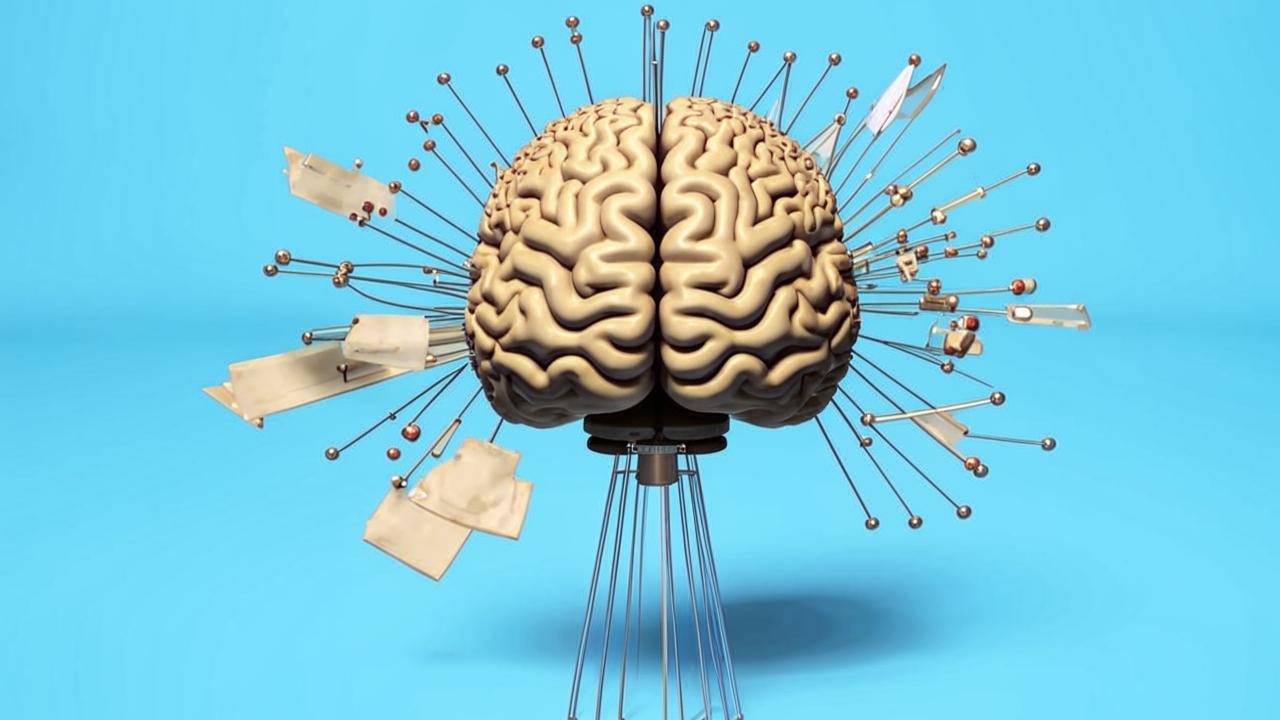
“Brain. Tips from a scientist on how to make the most of the world’s most perfect organ”
To write a book about the brain that is truly interesting to a wide range of readers, neuroscientist Mike Trenter asked his subscribers from around the world to send in questions they had always been looking for answers to but couldn’t find. “The wave of feedback was so great that additional chapters had to be written. They will provide a glimpse into little-known areas of neurobiology to understand: how the human brain evolved, where dreams come from and where our ‘memory map’ is stored, how addictions and depression affect the brain, and why stress is the brain’s No. 1 enemy.”
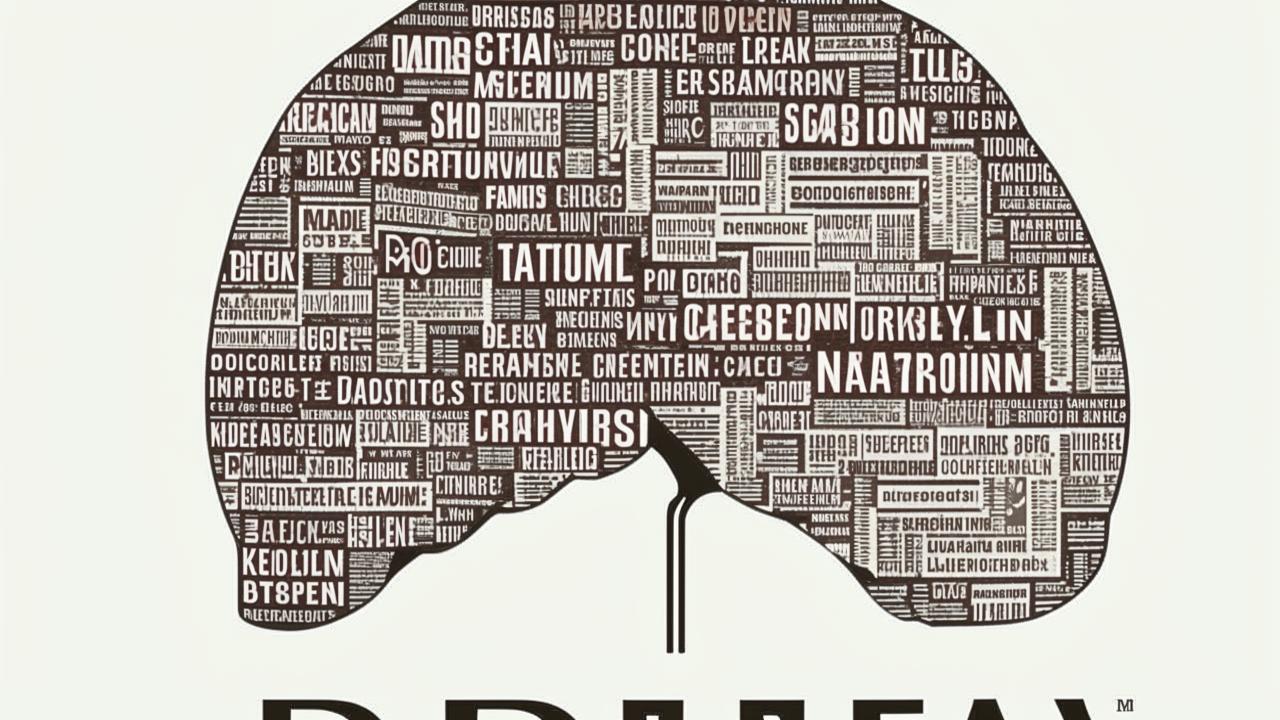
“12-Week Brain Gymnastics. How to start living more mindfully, get rid of anxiety, and get more done.”
You don’t have to see a psychologist or spend hours practicing vipassana to relieve tension and develop stress resilience. Just like muscles, the right skills can be pumped and the brain can be exercised. Mindfulness guru from the Netherlands Wouter de Jong has developed a program of just such training. It’s designed for 12 weeks of systematic brain training that helps improve attention, the skill of quickly regaining ground that has gone out from under your feet, and cultivating positive thoughts.
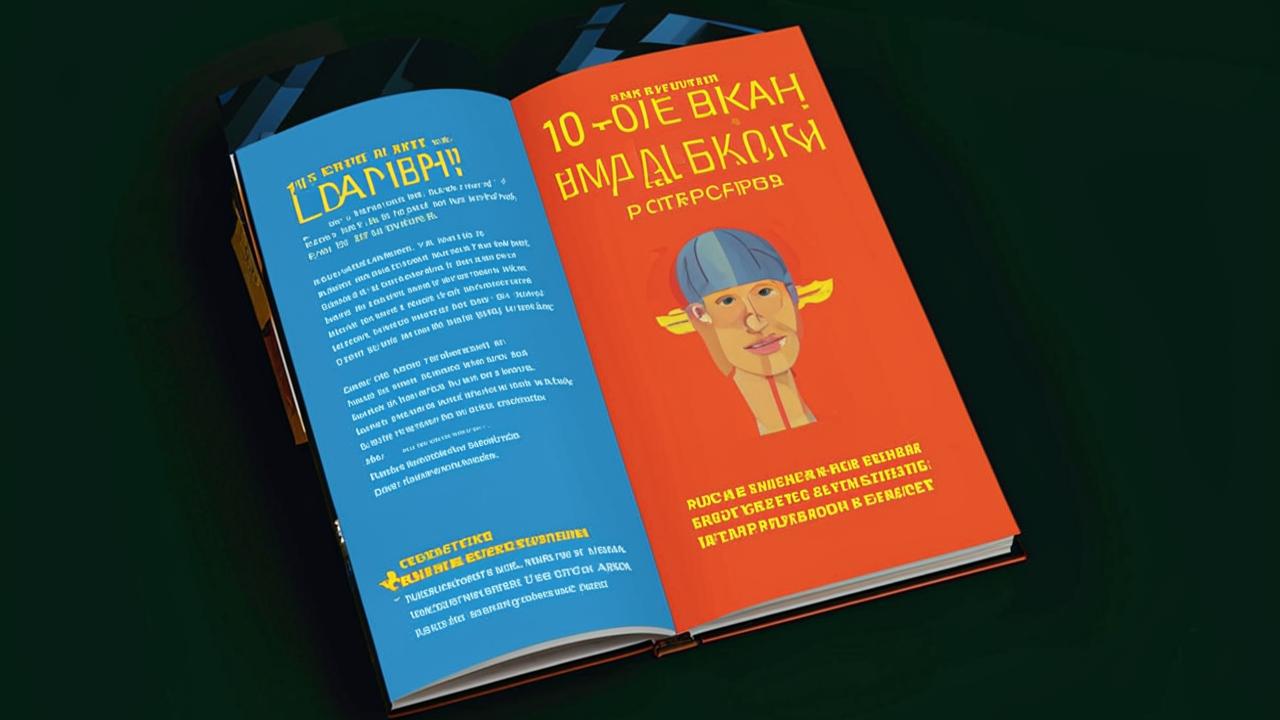
“Brain Energy. A theory of the development of all mental illnesses that explains their common cause.”
What is brain metabolism? Is it true that all mental disorders are caused by its metabolic disturbances? And if so, how can we improve this metabolism to prevent illnesses and stay healthy for as long as possible? Leading psychiatrist and Harvard University researcher Christopher M. Palmer answers in a breakthrough study of the common cause of all mental ailments, including anxiety, depression, ADHD, alcoholism, bipolar disorder, and even schizophrenia, and the revolutionary ways to treat them. Also inside: practical tips and action plans to help restore mental health.
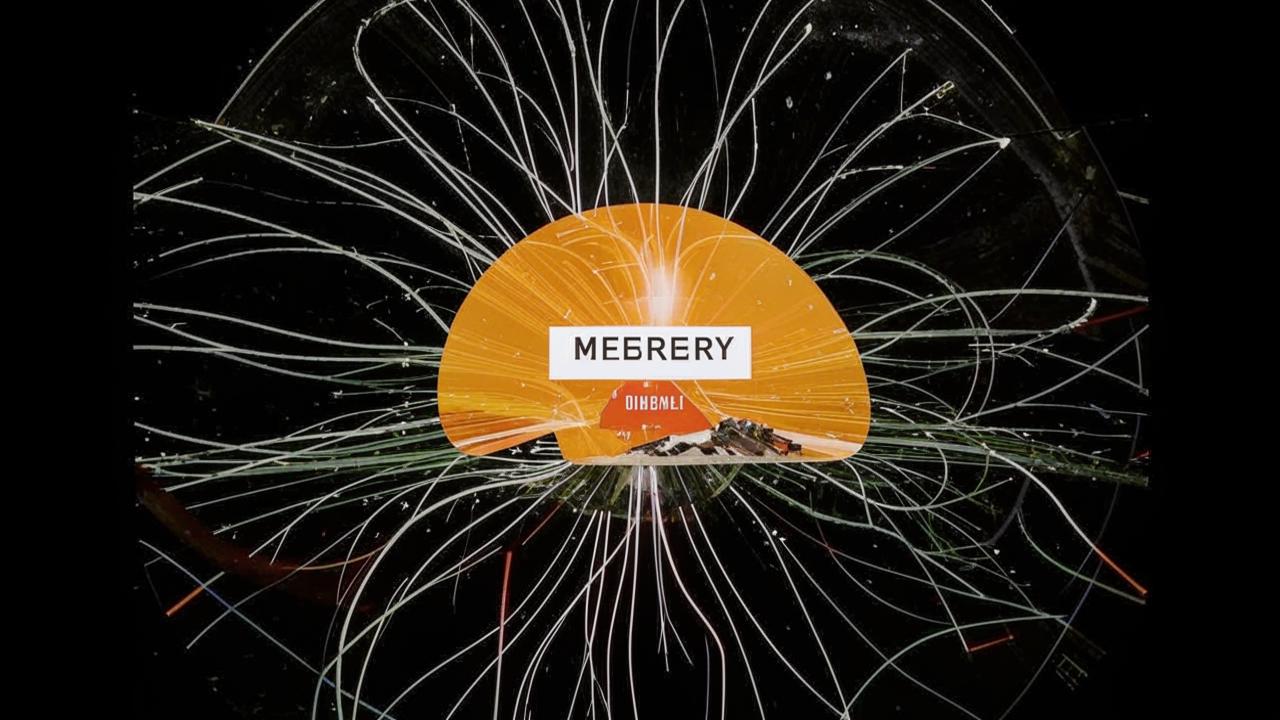
“Tim’s Adventures in Brain Land.”
Did you know that over the course of a person’s life, new neurons are created that must fit into a neural network – otherwise they die as unnecessary? Scientists Vyacheslav Dubynin and Dmitry Alekseev, as well as Maria Kosovskaya and Alla Mikheeva took this fact as a basis and invented funny characters: neurons, hormones, mediator molecules and a boy Tim to tell children about the structure of the brain. As it is supposed to good children’s literature, the book has a lot of illustrations: children will intuitively feel the hidden humor in them and the unusualness that attracts attention and interests them with novelty.
